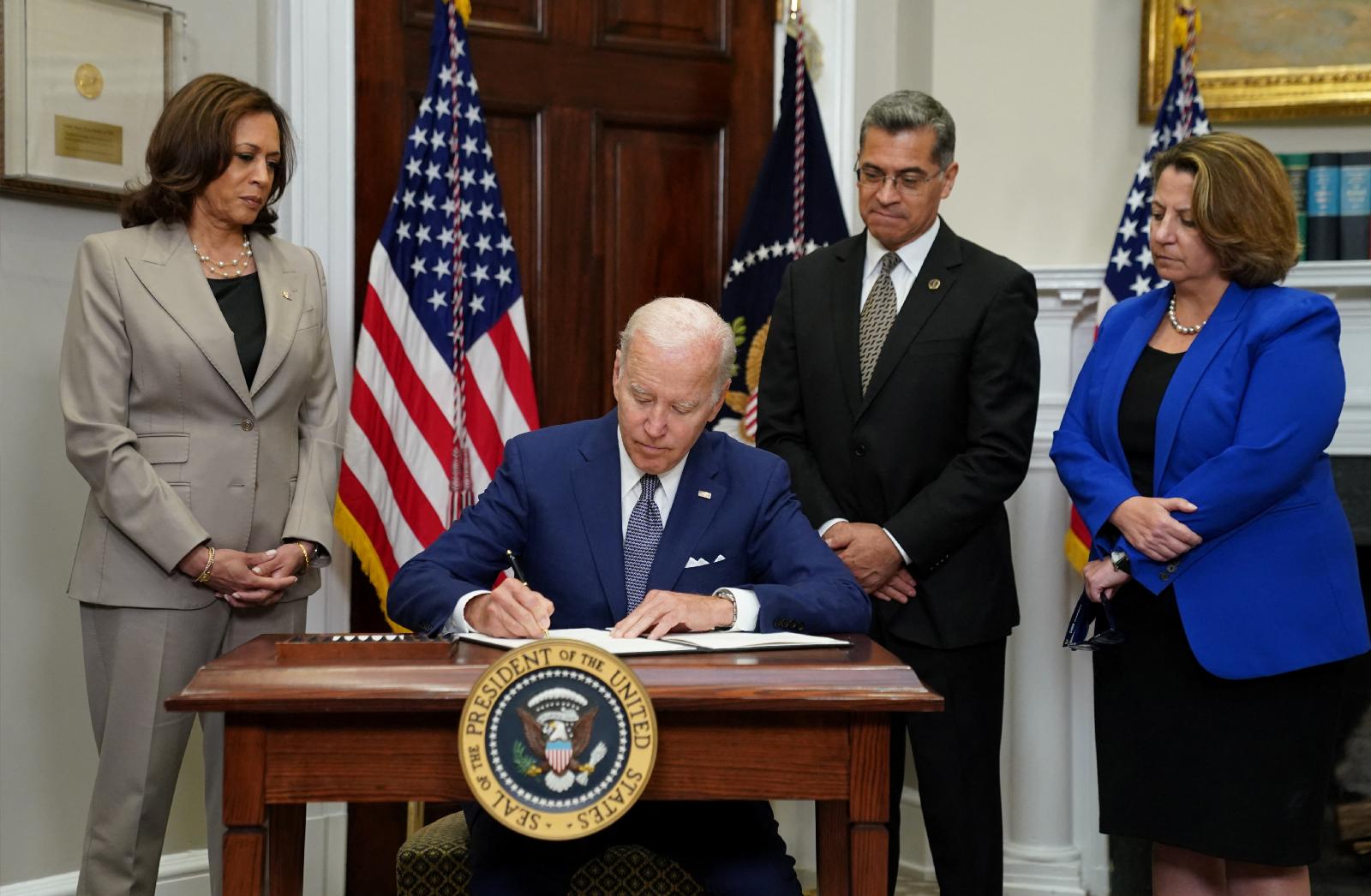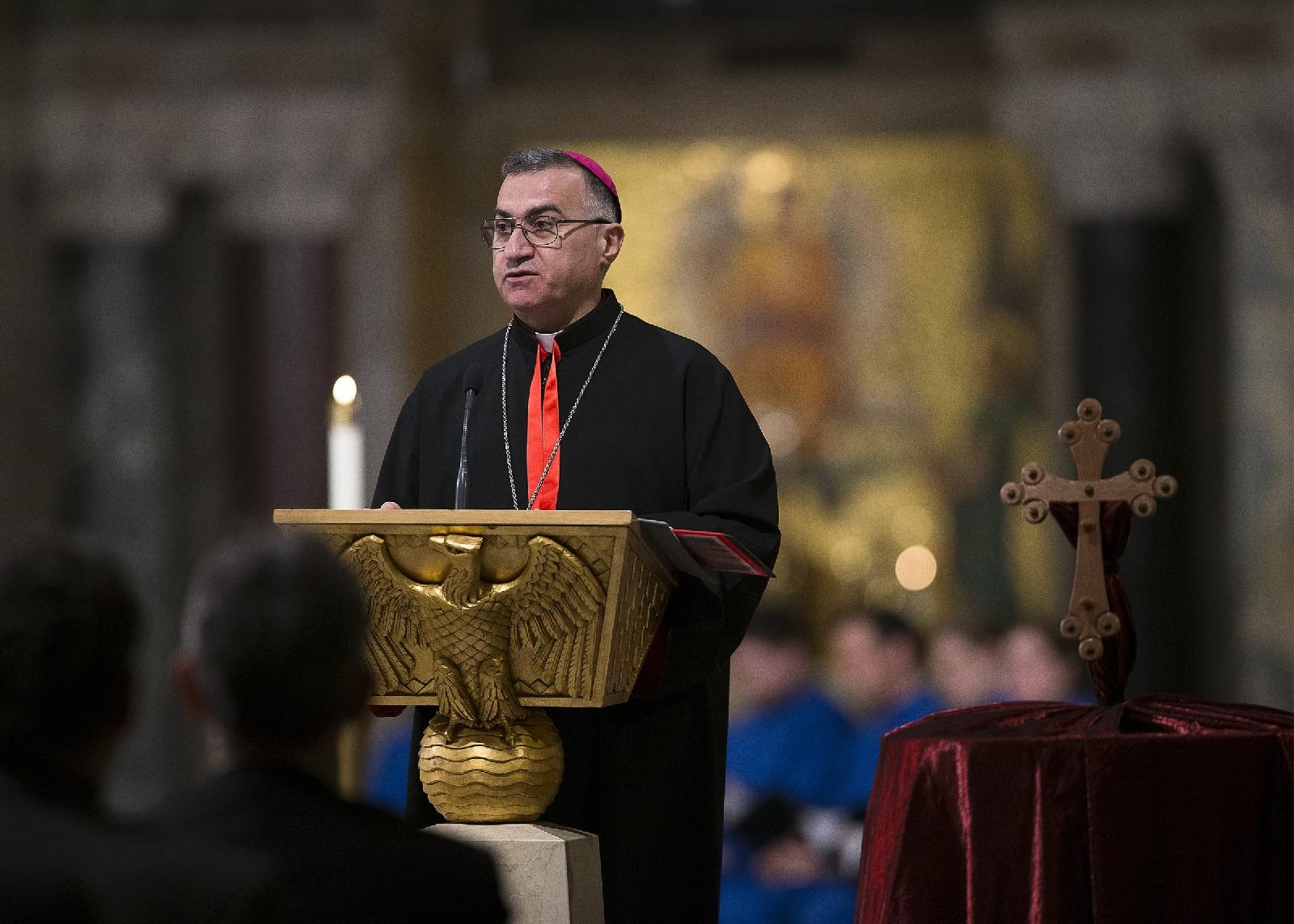An Iraqi archbishop has welcomed plans for new teaching materials aimed at combating sectarianism, less than a decade after extremists almost destroyed the country’s fragile social fabric.
Bashar Warda, the Chaldean Catholic Archbishop of Erbil in northern Iraq, was speaking the Ministerial Conference on Freedom of Religion or Belief, which was hosted by the foreign office in London last week.
He told an audience of government and civil society representatives that the government of the semiautonomous region of Kurdistan is preparing a curriculum to teach schoolchildren about all of the religions represented in Iraq. “During the Ba’ath regime – I studied for 12 years – nothing was mentioned about Christians, Yezidis, Mandaeans, Jews.” Education, he said, was key to “reconciliation, to know each other.”
The archbishop told The Tablet later: “All of these groups are missing from the curriculum and the only information [pupils] got to know [was] that there are non-Muslims: infidels. So you could tell why people would say, ‘Okay it’s better to clear the land of them.’
But he added: “If the curriculum officially recognises their presence and their contribution to Iraqi history and Iraqi culture, then things will change.”
Although the curriculum is being prepared only for Iraqi Kurdistan, Warda expressed the hope that it would serve as “an example and an encouragement to the rest of Iraq,” adding: “All the religious minorities have been asking for this for a long time as it is such an important step for coexistence.”
Warda said Iraqis today were united in serving “the common the good” and were “tired” of sectarianism.
The number of Christians in Iraq fell rapidly amid the political disintegration that followed the US-led invasion of 2003 and culminated in the capture of northern territory by Islamic State (IS) in 2014. IS insurgents, who were Sunni extremists, made it their aim to clear the land of non-Muslims, slaughtering or enslaving Yezidis and demanding that Christians pay protection money, leave or be killed. Those who left refused to enter the camps run by the UNHCR, for fear of finding IS-sympathisers, so the archdiocese received more than 13,000 displaced Iraqis, mainly Christians, and set up 26 camps for them.
“Over 60 shrines, monasteries and churches were bombed, over 1,200 people were killed, many kidnapped, [there were] threats … the numbers are high for others [non-Muslims],” Warda recalled. As many Christians sought asylum outside the Middle East, there were fears for the end of Christianity and religious pluralism in Iraq.
Iraq’s Jewish community flourished in Iraq but fled rapidly after the creation of the state of Israel in 1948, the Christian community is believed to have existed since the first century, the Mandaeans revere John the Baptist, and the Yezidis’ syncretic beliefs date from the twelfth century.



 Loading ...
Loading ...